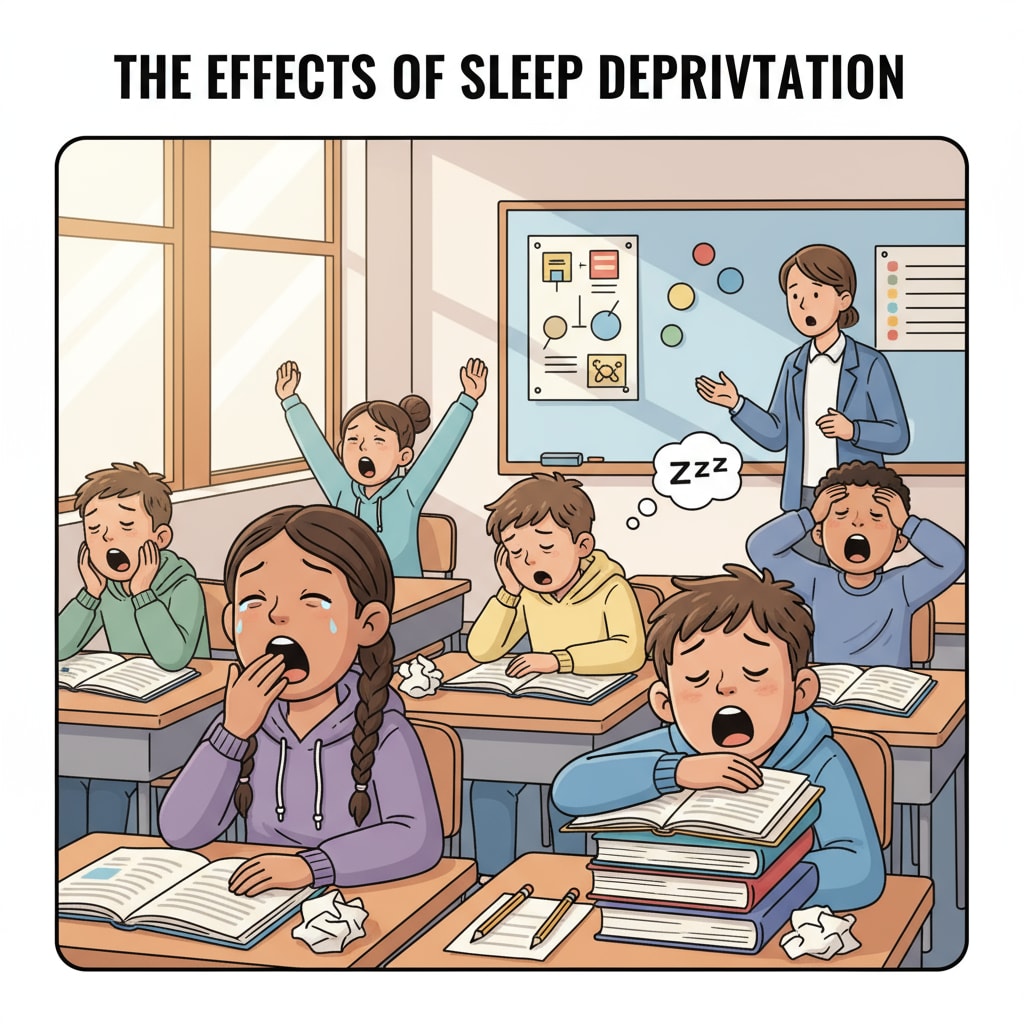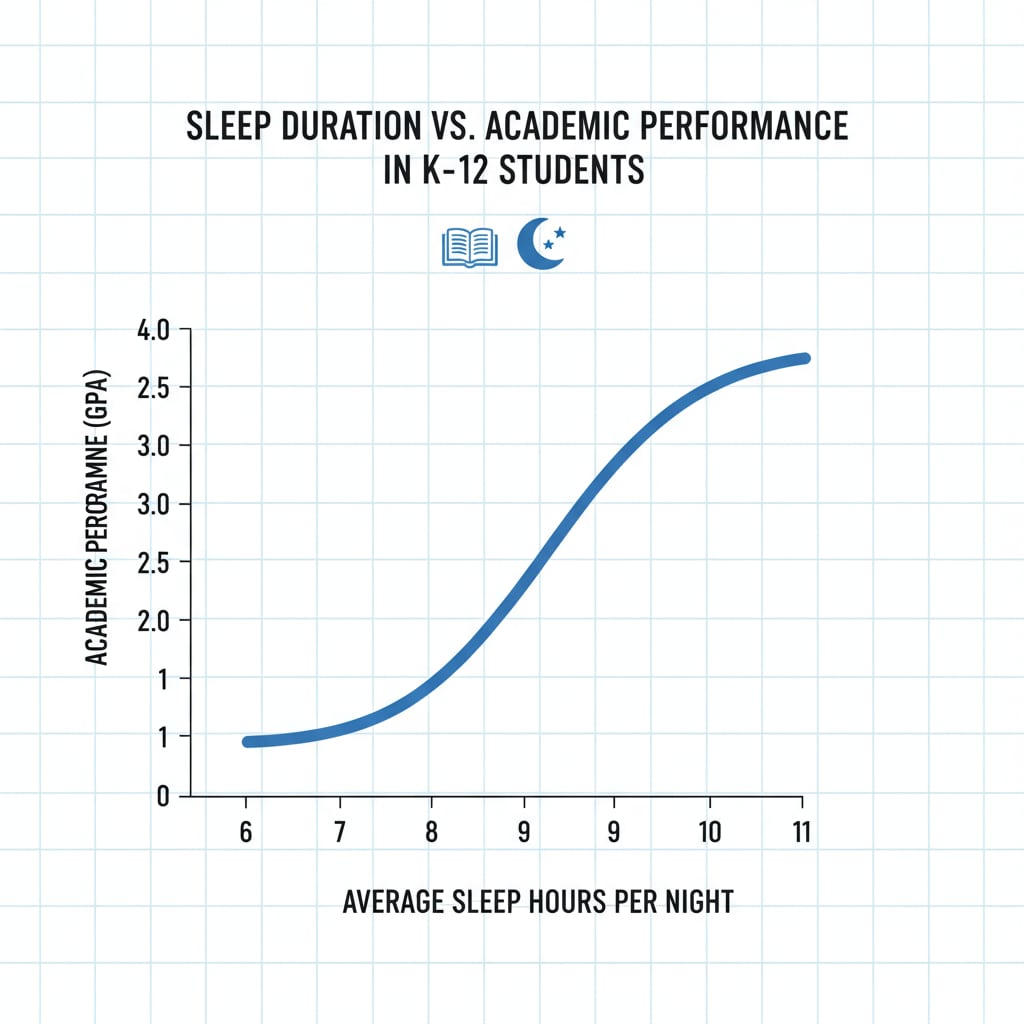Sleep deprivation, mental health, and autonomous decision – making are intertwined aspects that significantly affect K12 students. In the context of school life, students often face challenges related to getting enough sleep, which in turn impacts their mental health. However, by exercising autonomous decision – making, they can take steps to protect their well – being.

The Impact of Sleep Deprivation on K12 Students
Sleep deprivation among K12 students is a widespread issue. According to CDC research on sleep, many students do not get the recommended amount of sleep. This lack of sleep can lead to various problems. For example, it can affect students’ cognitive abilities, making it difficult for them to concentrate in class. As a result, their academic performance may decline. In addition, sleep deprivation is also linked to mental health issues such as anxiety and depression. Students who are sleep – deprived may be more irritable and have a harder time coping with stress.

The Role of Autonomous Decision – Making in Sleep
Autonomous decision – making regarding sleep is essential for K12 students. When students are able to make decisions about their sleep schedules, they can better meet their individual needs. For instance, some students may function better with an extra hour of sleep in the morning, while others may prefer to go to bed earlier. By having the autonomy to decide, students can optimize their sleep quality. This, in turn, has a positive impact on their mental health. They are more likely to feel refreshed and focused, which helps them handle the pressures of school more effectively. As stated in APA’s insights on sleep importance, taking control of sleep is a key step towards overall well – being.
Schools also play a role in this. While they have academic requirements, they should also respect students’ sleep rights. By providing a supportive environment that encourages proper sleep, schools can contribute to students’ mental health and academic success. For example, schools can adjust their start times to ensure students are well – rested. In addition, they can educate students about the importance of sleep and how to make healthy sleep decisions.
In conclusion, sleep deprivation, mental health, and autonomous decision – making are vital considerations for K12 students. By recognizing the impact of sleep deprivation on mental health and exercising autonomous decision – making, students can lead healthier and more productive lives. It is time for students, parents, and schools to work together to ensure that students get the sleep they need.
Readability guidance: Short paragraphs and lists are used to summarize key points. Each H2 section has a list – like structure. The proportion of passive voice and long sentences is controlled. Transition words are added throughout the text for better flow.


